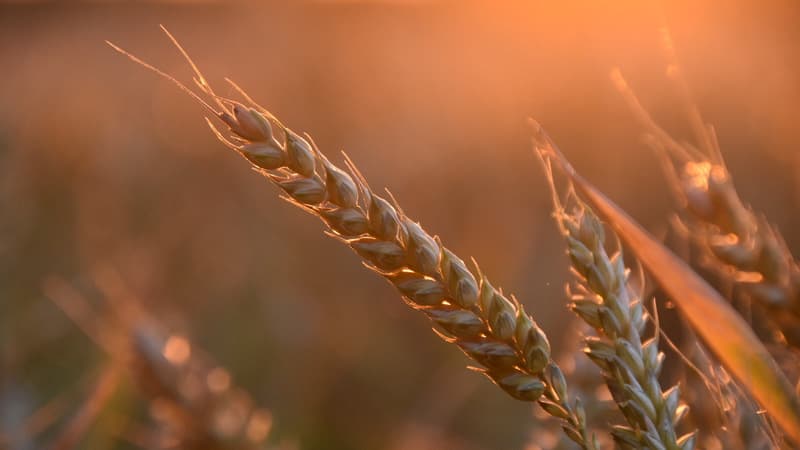Consultations in Geneva on an extension to Ukraine’s grain export deal that helped ease a global food crisis continue on Tuesday after a Russian proposal limits it to two months, making its continuation uncertain.
“The United Nations will do everything possible to preserve the integrity of the agreement and ensure its continuity,” said Jens Laerke, spokesman for the United Nations humanitarian agency (OCHA), whose chief, Martin Griffiths, is at the heart of the negotiations.
“Les consultations avec toutes les parties se poursuivent à tous les niveaux”, at-il souligné, sans être en mesure de dire ce qui se passera à l’expiration le 18 mars de l’accord, déjà prolongé de 120 jours à el autumn . “We will see on Saturday what will happen on Saturday,” he said, pressed by questions from journalists in Geneva.
For Moscow, a gesture of goodwill
Following Monday’s discussions between Martin Griffiths, the head of the United Nations Conference on Trade and Development (Unctad) Rebeca Grynspan and Russian Deputy Foreign Minister Sergei Verchinin, Moscow had indicated that it does not oppose the extension of the agreement but only for 60 days instead of double. For Moscow, this proposal represents a gesture of goodwill.
However, 120 months are foreseen in the document accepted last summer by Russia and Ukraine and whose application is endorsed by the UN and Turkey.
Ukraine immediately criticized the Russian announcement, saying that “the agreement on the ‘Black Sea Grain Initiative’ implies at least 120 days of extension” and that “the Russian position of extending it for only 60 days therefore contradicts the document signed by Turkey and the UNITED NATIONS”.
kyiv is now waiting for the “official position” of the United Nations and Ankara as “guarantors of the initiative”.
In a press release on Monday night, the UN had already expressed concern about preserving the deal, saying it had “taken note” of the Russian position.
And the fertilizers?
The Russians are not satisfied with the results of a second agreement that was concluded in parallel last summer with the United Nations and that would allow the removal of obstacles to their own exports of cereals and especially fertilizers.
Although these products are not affected by the sanctions imposed by Kiev’s allies to force Moscow to stop the invasion of Ukraine, the financial measures have had the indirect effect of deterring operations by intermediaries for fear of falling under retaliatory measures in United States and Europe.
On Tuesday, Kremlin spokesman Dimitri Peskov again dotted the i’s.
“It is obvious that in general (…) the second part of the agreement that concerns us has not been applied up to now,” he accused, and to point out the culprits: “We appreciate the efforts of the UN, of its Secretary General in person (…) But Antonio Guterres has not managed to break the wall erected by the collective West”.
The main obstacles for Moscow include: “bank payments, transport logistics, insurance, the ‘thaw’ of financial activities and the supply of ammonia through the ‘Togliatti-Odessa’ pipeline,” Sergei Verchinin had detailed.
food crisis
The grain deal helped ease the global food crisis caused by Russia’s invasion of Ukraine on February 24, 2022.
It had been renewed in November for four months and allowed the export of more than 24 million tons of cereals from Ukrainian ports with a mechanism to control the ships before and after loading their cargo, in which Russians, Ukrainians but also Turks and specialists from the ONU.
On the other hand, for the fertilizer component, which is equally crucial to avoid a price explosion and a fall in agricultural production in certain countries, only a small part of the tonnage blocked in European ports could be transported under the leadership of the Program of global food.
Source: BFM TV


